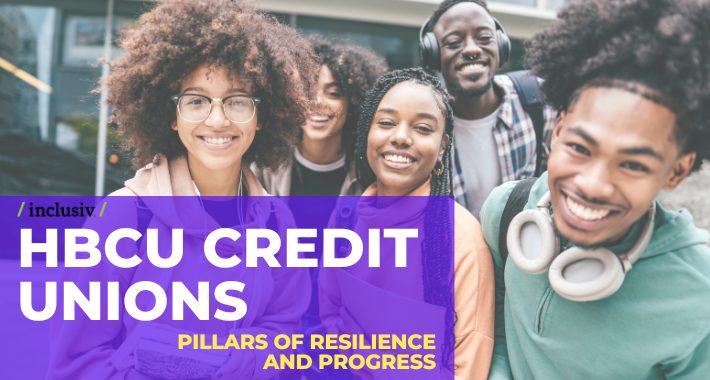
Historically Black Colleges and Universities (HBCUs) were established during the Reconstruction Era to provide higher education to Black Americans at a time when a vast majority of colleges and universities would not admit them. Serving a population overlooked and denied by mainstream financial institutions, many of these institutions ventured beyond education, establishing their own credit unions. To this day, HBCU credit unions continue to support their university communities through safe, accessible and affordable financial services – establishing a foundation for financial prosperity extending well beyond the college experience.
First organized nearly 100 years ago, credit unions are cooperative financial institutions built on democratic principles: they are not-for-profit and owned by the members, making member satisfaction and community ownership top priorities. Some of the oldest credit unions in the entire movement were established on the campuses of Florida A&M University (1935), Howard University (1935) and Virginia State University (1939). HBCU credit unions helped Black communities to find financial success by providing loans used for furthering education, buying homes and managing debt. They also provided a safety net to build assets and raise families. Many members can tell stories of grandparents or parents receiving their first home or car loan from an HBCU credit union.
Although their benefits cannot be denied, HBCU credit unions are increasingly facing challenges. These credit unions tend to be smaller than other credit unions, with limited resources and face stringent financial and regulatory burdens. They also face social challenges, particularly a lack of widespread awareness of the unique contributions they make to their communities. Without the proper recognition, HBCU credit unions are limited in their ability to garner the necessary support and partnerships. Connectedness between HBCUs and their associated credit unions has also decreased.

Councill FCU Manager Rufus Gilmore with a team member
Despite their smaller size, HBCU credit unions continue to provide a range of innovative financial services. For example, Florida A&M University FCU founded their SmartSteps Micro Loan Program which works with local governments to provide financial support to women and minority-owned small businesses. Councill FCU, which has historically been connected to Alabama A&M University, has been taking steps to improve financial literacy for all members. Across the country, they are increasingly working to help their members and communities succeed.
HBCU credit unions are also gaining visibility through their work with organizations like Inclusiv and TruStage. Inclusiv is an organization that supports credit unions in removing barriers to financial opportunities for underserved communities through initiatives, expertise, investments and advocacy for its member credit unions. Inclusiv has consistently advocated for the support of HBCU credit unions, sharing stories that illustrate how these institutions support financial well-being and generational wealth for their communities. TruStage (formerly CUNA Mutual) is an organization that provides reliable insurance, investment and technology solutions to better help members plan for tomorrow. These groups, in conjunction with the African American Credit Union Coalition (AACUC), are helping HBCU credit unions plan for many more decades of service.
Support for HBCU credit unions – pillars of resilience and progress – is not just a financial matter but critical to achieving equity and empowerment. By fostering financial literacy, supporting entrepreneurship, and providing accessible banking services, HBCU credit unions not only enhance economic stability, but they also contribute to the broader goal of social justice. As more of us recognize this historical significance and ongoing impact, it will become clearer to the greater financial landscape that investing in HBCU credit unions is an investment into a future where everyone can thrive. Embracing these institutions is essential for building a more inclusive and prosperous society for generations to come.
In our next article, we will profile an HBCU credit union that after many decades of service, continues to play a vital role in the financial health of its community.

